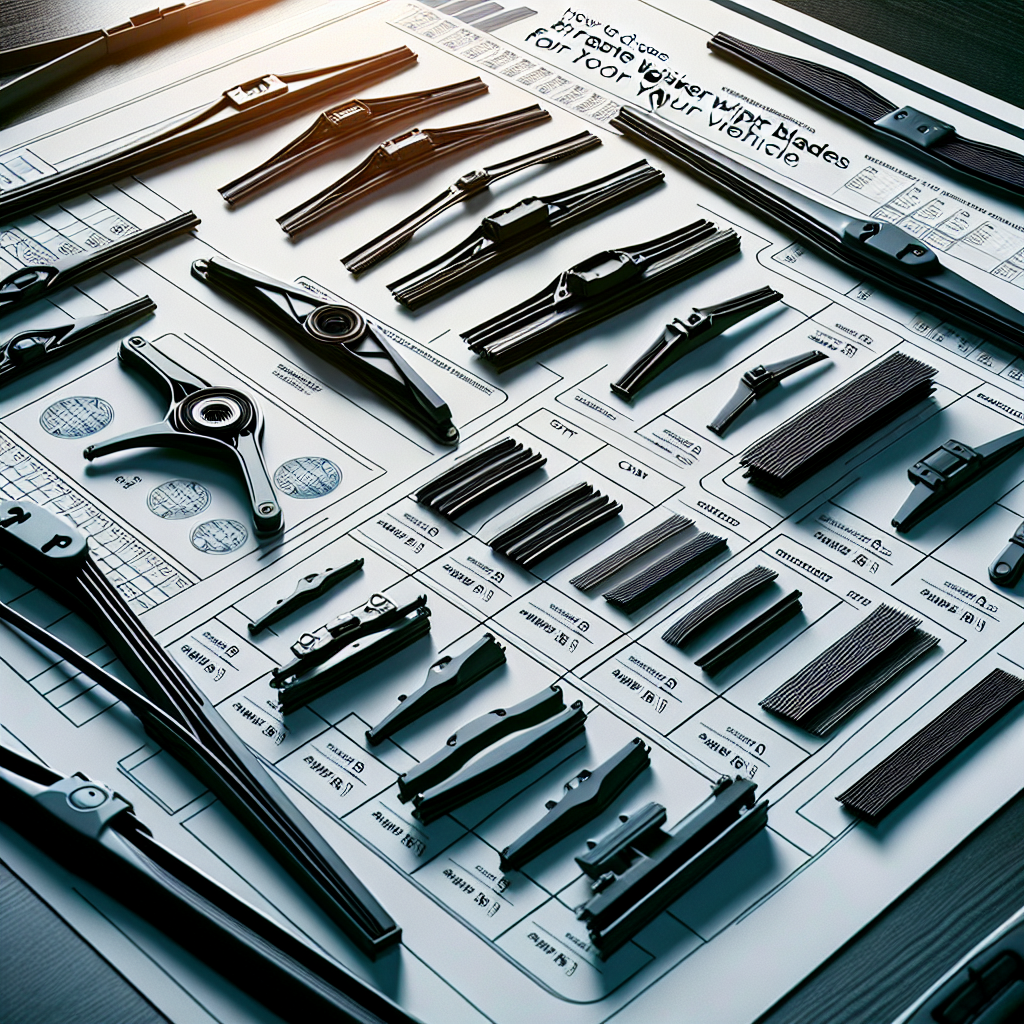Europe has long been regarded as a leader in the automobile industry, renowned for luxury, precision, and advanced technology. In recent years, the European auto market has experienced significant technological advancements that are setting the stage for the future of driving. From electric vehicles to autonomous driving, these innovations are not only enhancing the driving experience but also making vehicles safer and more environmentally friendly.
One of the most notable developments in European automobiles is the rapid adoption of electric vehicles (EVs). Leading manufacturers like Volkswagen, BMW, and Audi have been at the forefront of this revolution, investing heavily in research and development to produce high-performing electric models. For instance, Volkswagen’s ID.4 and BMW’s iX series are part of a broader strategy to reduce carbon emissions and comply with stricter environmental regulations. Moreover, countries such as Norway and Germany offer substantial incentives for EV buyers, accelerating the transition to greener modes of transport.
Another significant technological advancement is the implementation of advanced driver-assistance systems (ADAS) in modern European cars. ADAS encompasses a range of features designed to improve safety and convenience, such as adaptive cruise control, lane-keeping assist, and automatic emergency braking. Mercedes-Benz’s E-Class, for example, offers an extensive suite of ADAS capabilities that can handle various driving tasks, thereby reducing the likelihood of human error. These systems are paving the way for fully autonomous driving, a field where companies like Waymo and Tesla are already making strides, but European manufacturers are not far behind.
Connectivity is another realm where European carmakers are excelling. Many new vehicles come equipped with sophisticated infotainment systems that integrate seamlessly with smartphones and other devices. Features such as over-the-air updates and real-time navigation not only enhance the driver’s experience but also contribute to increasing vehicle lifespan. Systems like BMW’s iDrive and Audi’s MMI provide intuitive interfaces that make driving more convenient and enjoyable.
Safety has always been a top priority for European automobile manufacturers, and recent technological innovations have taken this to a new level. Volvo, known for its long-standing commitment to safety, has introduced features like pedestrian detection and collision avoidance in its latest models. Additionally, many European cars now come with robust cybersecurity measures to protect against hacking, a growing concern as vehicles become increasingly connected.
Moreover, European automakers are pioneering the use of sustainable materials in vehicle production. Audi’s use of recycled materials in the construction of its electric models and BMW’s efforts to produce cars with a minimal environmental footprint are exemplary. These initiatives reflect a broader trend toward sustainability in the auto industry, aligning with global efforts to combat climate change.
Innovations in aerodynamics and lightweight materials are also contributing to greater fuel efficiency and improved vehicle performance. Mercedes-Benz, for example, has developed an innovative “EQ” model line that utilizes lightweight aluminum and composite materials to reduce weight without compromising structural integrity. This focus on aerodynamic efficiency not only enhances performance but also reduces fuel consumption, making vehicles more environmentally friendly.
To stay competitive, European automakers are also embracing artificial intelligence (AI) and big data analytics. AI-driven systems can predict maintenance needs, optimize fuel consumption, and even suggest the best routes to avoid traffic. These technologies are transforming the way we interact with our vehicles, making driving more efficient, safe, and enjoyable.
Finally, it is crucial to highlight the role of collaborations and partnerships in driving these advancements. Companies like Daimler and Bosch, and others, are pooling their resources to develop cutting-edge technologies more quickly and effectively. By working together, they can leverage each other’s strengths to bring innovative products to market faster.
In summary, European automobiles are at the forefront of technological innovation, setting new standards for the global auto industry. Whether it’s through the development of electric vehicles, the implementation of advanced safety features, or the incorporation of sustainable practices, European automakers are driving the future of transportation. As the industry continues to evolve, it’s clear that Europe will remain a key player in shaping the cars of tomorrow.
For those interested in learning more about the latest automobile technologies and future trends, the European Automobile Manufacturers Association (ACEA) offers a wealth of information and resources on their official website.


